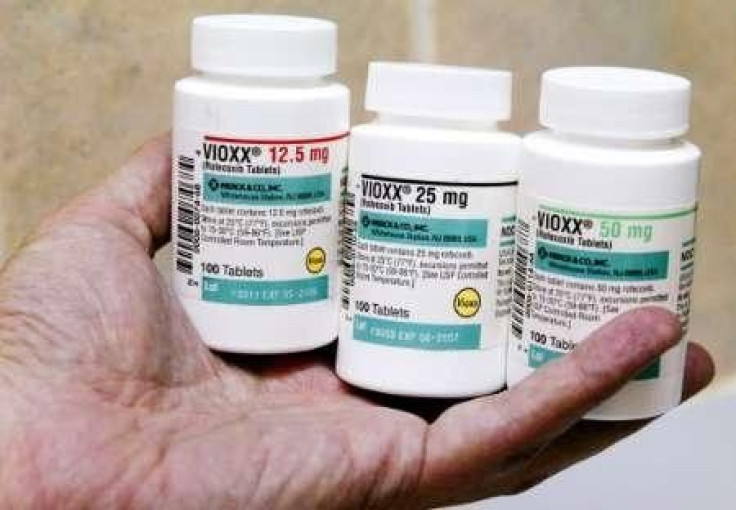New Treatment For Arthritis Called 'Magical'

An experimental programme conducted by the Academic Medical Centre in Amsterdam has come up with a new treatment procedure for people with arthritis. The study involved participants being implanted with a small device, not unlike a pacemaker, which sends signals from the brain to vital organs.
Researchers have observed a marked improvement among the participants of the study, some of whom have reported to feeling healthy enough to resume daily activities with ease. Monique Robroek, one of the participants in the study, who was implanted about a year ago stated, "I have my normal life back. Within six weeks I felt no pain. The swelling has gone. I go biking, walk the dog and drive my car. It is like magic."
Professor Paul-Peter Tak, who is also a rheumatologist at the Dutch hospital, said, "Even in patients who have failed everything, including the most modern pharmaceuticals, we have seen a clear trend of improvement. We may be able to achieve remission in twenty to thirty percent of patients, which would be a huge step forward in the treatment of rheumatoid arthritis."
Rheumatoid arthritis is said to be the second most common type of arthritis to affect people in the UK. Some of the symptoms of the disorder are stiffness of the joints, swelling, joint pain and fatigue. The implant works by sending an electrical impulse to nerve cells which relays signals from the brain to important organs of the body that are affected by rheumatoid arthritis.
Researchers conducting the study have noted that the rate of success of the treatment may help provide patients with an alternative treatment procedure, especially in cases where established modern treatments prove to be unsuccessful. Scientists like Kris Famm of the British pharmaceutical company GlaxoSmithKline are also hopeful that the implant procedure may be incorporated into treatments for asthma, diabetes and obesity in the future.






